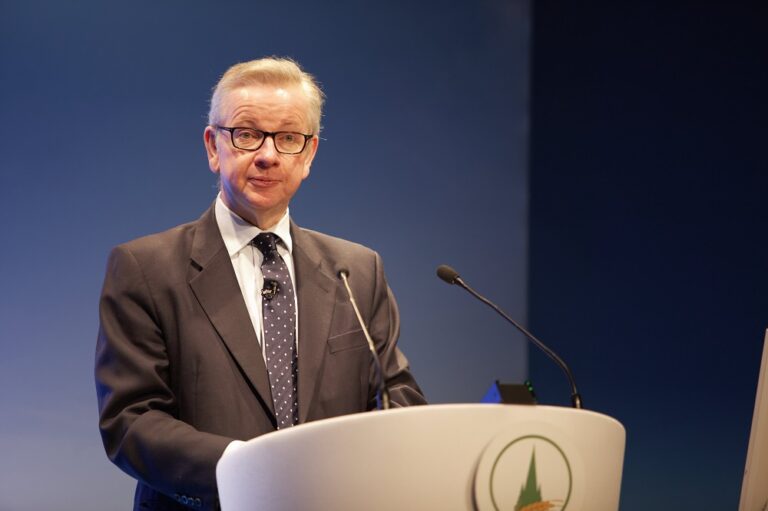The British Veterinary Association (BVA) has welcomed the Government’s continued commitment to containing and controlling antimicrobial resistance (AMR) in animals, humans, the environment, and food chain by 2040 through a global, One Health and evidence-based approach.
The new 20-year vision and five-year national action plan were launched today by Health Secretary Matt Hancock at the World Economic Forum at Davos. They recognise the crucial role played by the veterinary profession in championing responsible antimicrobial stewardship and set out ambitious plans to further reduce, refine and replace antimicrobial use in animals.
These include a commitment to reducing antibiotic use in food-producing animals by 25% between 2016 and 2020 through collaborative working with vets and farmers, and an emphasis on preventive measures such as optimising surveillance and the application of data, biosecurity, animal husbandry practices to reduce resistant infections. The plans extend beyond the livestock sector to cover aquaculture, companion animal and equine sectors.
The vision also identifies opportunities for encouraging innovations in research and development, such as a new payment system to incentivise pharmaceutical companies to develop new drugs and research to explore new ways of diagnosing, preventing and treating illnesses.
Working with vets and farmers, the Government has committed to further reducing the use of antibiotics in animals by 25% between 2016 and 2020, with objectives to be refreshed by 2021.
Environment Secretary Michael Gove, said: “Antimicrobial resistance is a global problem. It not only affects human health, but threatens animal health and welfare and food security. Resistance occurs everywhere that bacteria are found: in people, in animals and in the environment.
“Our cross-government vision sets out how we will continue to lead this global fight and build on our already considerable achievements in reducing veterinary antibiotic use. We will also be looking to deepen our understanding of how human, animal and farming activities can affect antimicrobial resistance.”
Welcoming the launch of the new vision and plan, British Veterinary Association President Simon Doherty said: “Antimicrobial resistance is a very real and urgent threat to human and animal health, which is why BVA has been working hard with the Government, industry and farmers since the publication of the O’Neill report in 2016 to achieve a milestone reduction in veterinary antibiotic use in the livestock sectors.
“We believe the scope of the threat posed by AMR requires an ambitious, cross-sector approach to tackle it, and so we fully endorse the collaborative global and One Health commitment undertaken by the government in this new vision. We also welcome plans to further reduce antimicrobial use across the various animal sectors in the UK, and crucially without jeopardising animal health and welfare.
“The vision and action plan also identify the vital role played by vets in antimicrobial stewardship initiatives and include a special reference to our 7-point-plan poster for veterinary practices. BVA will continue working with its specialist divisions and all key stakeholders, including the UK One Health Coordination Group, to meet the 2040 vision.
“A collaborative approach to AMR, underpinned by a commitment from each of us within the veterinary profession to maintain the highest standards of stewardship in using antimicrobials, especially Critically Important Antibiotics, is the only way we can preserve these essential medicines for both humans and animals in the future.”


